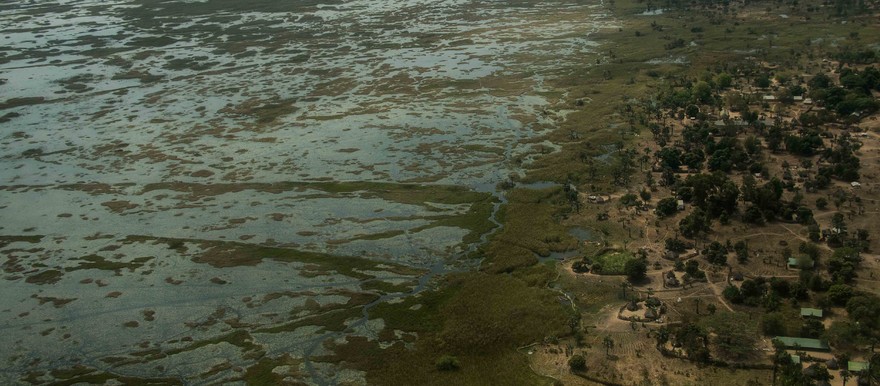Thousands of South Sudanese civilians in Leer County are still living in fear on remote islands in the swamps even after the signing of a peace agreement by the main warring parties last August. The peace deal gives people of all tribes the freedom to return home but many still feel unsafe to do so.
Government forces and militia control the county capital at Leer Town and much of the mainland, while thousands of civilians are still living on islands beyond their control in the south Leer County or have fled to neighboring Panyijar County.
Kok Island is one of the places of refuge for villagers displaced by violence. Since July, hundreds of terrified civilians have crowded onto Kok, seeking safety amid the persistent violence.
About 90 families, up to 900 people, are packed onto the island which is smaller than a football field, the Associated Press reported. Those who cannot fit underneath the many tarps sleep under mosquito nets in the open.
“I told them to stay here with me and if we have to die of hunger, we die of hunger together,” said Turuk Gatluak, the island’s original settler and now host of the hundreds of displaced. “Why should I live alone when people are dying outside?” he told AP.
Kok Island is in Leer County but is the furthest island from the mainland and is protected by miles of swamp. Many here said they fled their homes because of attacks by government soldiers and loyalist militia. They said soldiers chased civilians into swamps then sprayed bullets into the reeds where people tried to hide.
Nyawai Tap recounted how she fled to Kok after soldiers killed her husband’s three brothers and raped her sister and mother at gunpoint. They abducted nine girls from her village and took them to Rier, an army garrison in Koch County to the north, where they were raped or given to men as wives, she said, citing five people who later escaped.
Kok Island smells of urine, feces and rotting fish as people have nowhere to relieve themselves or dispose of waste except near their tents or in the water where they also wash and collect drinking water.
People eat water lilies, fish, and hippo meat to survive. Merchants selling WFP grain have started arriving by canoe from Nyal, a town days by canoe to the south where aid agencies deliver relief food. Aid groups have visited Kok only a few times this year and evacuated Leer County earlier this month due to the renewed fighting.
Ten people have died from disease here since July as well as four who were shot when government troops attacked the island, Gatluak said. The dead were buried alongside the tents.
“There is sickness here and hunger. There are mosquitoes, but we have no way to go out,” said John Yoak, an elder. Many at Kok can’t afford the cost of a canoe ride to Nyal, which located to the south in Panyijar County and is considered a better place of refuge.
File photo/Radio Tamazuj: An island in the midst of swamps in southern Unity State




